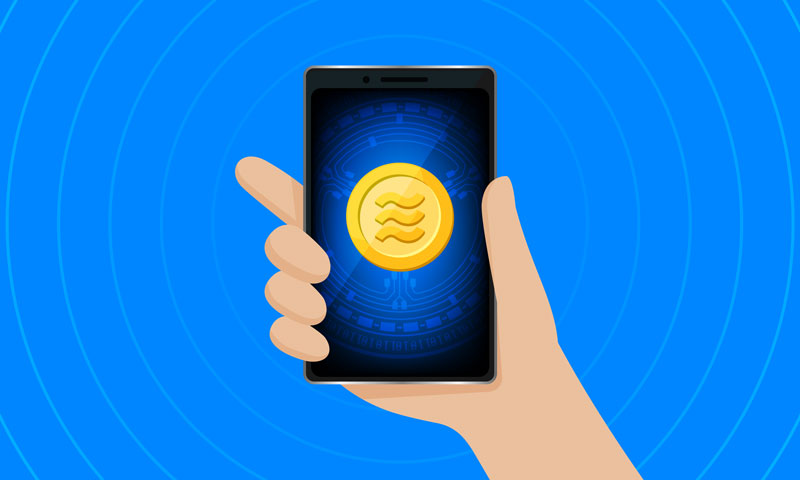Given that money and the concept of security go pretty much hand-in-hand, it’s hardly a surprise that eyebrows were raised when Facebook, of all companies, announced its intention to create a new cryptocurrency, which it has called Libra.
Officially, the reason behind this new currency is to bring banking services to those who are currently unbanked. The basic idea is that it will provide an easy way to convert physical cash to digital currency and thereby allow people who do not use traditional financial services to access to a similar range of goods and services as those with access to the banking system. Cynics might respond that such facilities already exist, most obviously in the form of other cryptocurrencies and products such as prepaid debit cards but, to be fair to Facebook, in theory, Libra could offer significant advantages over both of the above. Essentially it could, again in theory, offer the low transaction costs of cryptocurrencies with the mainstream acceptance of payment cards.
Neither of these benefits, however, is in any way guaranteed, not even remotely. Transaction pricing will depend on Facebook and, while Facebook has indicated that it intends to compete on the basis of cost, this depends on there being competition in the market. If Facebook does succeed in squeezing out the competition, or at least carving out a dominant position in the market (similarly to PayPal), then they may come to be rather less generous with their fees. Likewise, the ubiquity of the service will depend largely on various third parties, whom Facebook may try to influence, but who are not necessarily going to rush to fall in line with Facebook’s plans.
Retailers may be open to the idea of offering the purchase of Libra as an add-on service at the checkout, especially if it can be done through their existing infrastructure. Facebook wanted to have both Visa and Mastercard supporting its currency and it is likely that this was to take advantage of their extensive contact with merchants, plus these names will presumably add credibility to the new offering.
Customers, however, may not be as overwhelmed with enthusiasm for the new currency as Facebook might like. Even if they are, the end result may not be to encourage more commerce (of all varieties) as Facebook says it hopes it will, but simply to encourage people to use Libra as a more economical way of performing transactions they would have made anyway, through another payment system.
Before Facebook can reach either consumers or retailers, however, it must first go through governments, several of which are, at best, very much on the fence about this new currency, which could, at least in principle, wind up as a direct competitor to currencies issued by national authorities. The U.S., India and several European countries have all indicated that, at the very least, they want to know more about it before they decide what action, if any, to take about it. This is an understandable concern when looking at the overriding authority and power a massive influence like Facebook yields.

